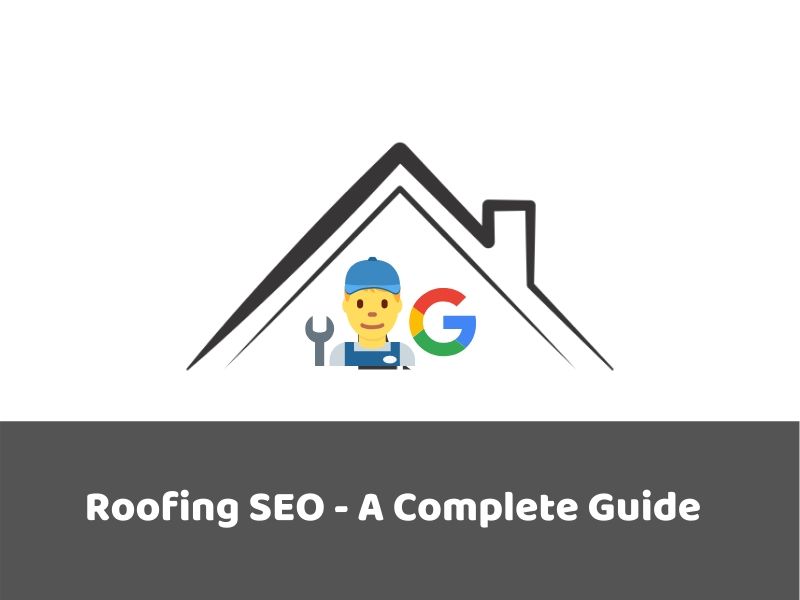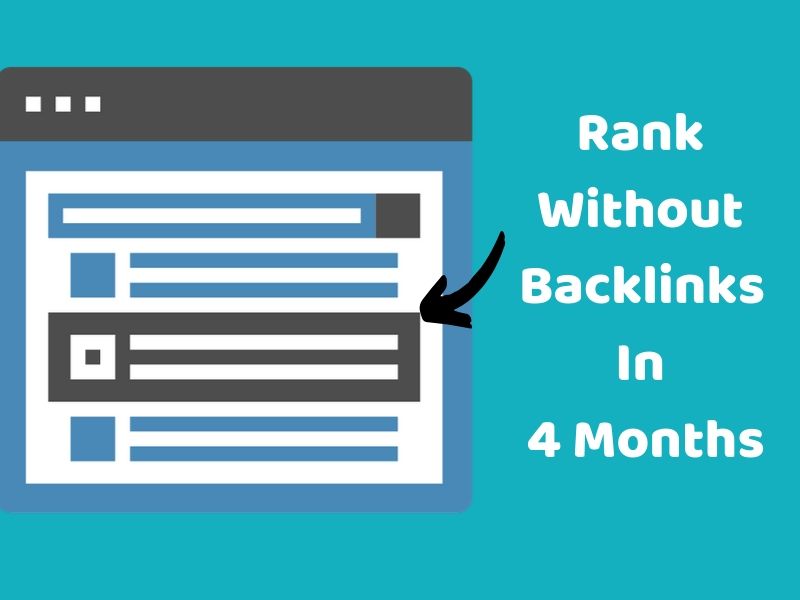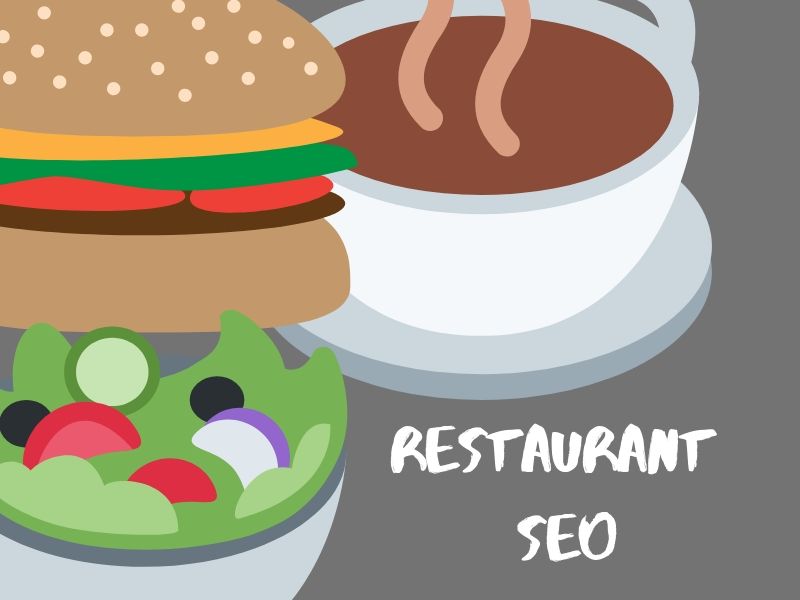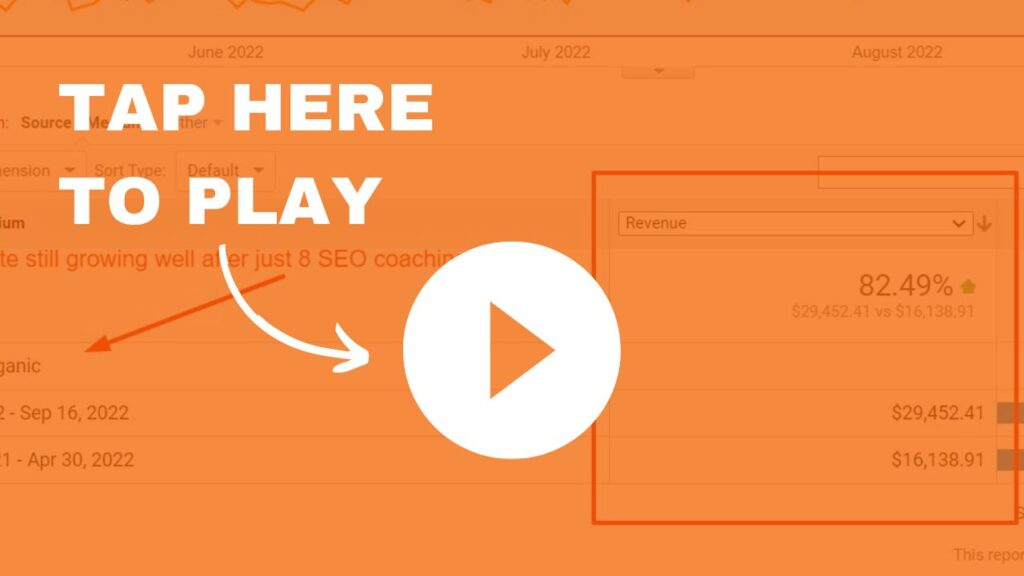Local SEO Guide For Hotels In 2020
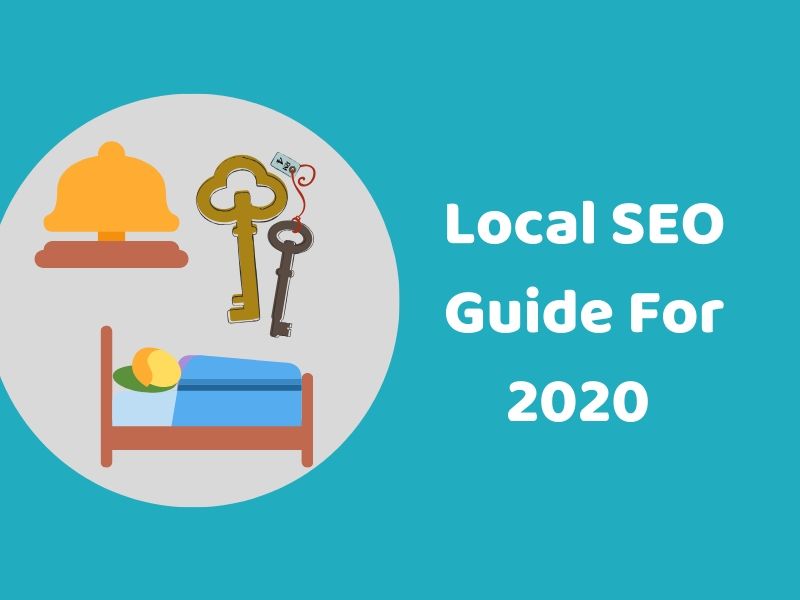
Did you know? According to the stats, 72% of users who did a Google search visited a store within 8km of where they were searching?
So if your hotel website isn’t optimized for local searches, you could be missing a ton of online customers from search engines like Google.
But don’t worry, In this local SEO guide for hotels in 2020, I will guide you through the 5 simple steps to increase your hotel business’s online presence.
Without further ado, let’s get started.
1. Choose The Right Keywords
The first and foremost thing that you need to do is to identify the right keywords for your hotel website.
This can be done through the process called “Keyword Research”. The purpose of this step is to determine the keywords that you wish to target on your website in order to rank them and drive organic traffic.
When selecting keywords, there are metrics like “search volume”, “competition level”, “cost-per-click (CPC)”, etc. that you need to keep in mind.
Besides, you also need to determine the intention behind each keyword, in order to create the right type of content that users are looking for.
Two main types of keyword intent are:
1. Buying Intent
Prospects searching for buying intent keywords are imminently ready to make a buying decision.
For example, a search for a “budget hotel near San Diego” probably means that someone is currently planning a trip to San Diego and is looking for inexpensive lodging nearby.
2. Informational Intent
People searching for this type of keywords are probably just looking for some information and are at the top of the funnel. In another word, they are probably not ready to buy.
For example, a search for “List of hotels in San Diego” probably means that someone is just researching hotels in San Diego to take into consideration.
To learn more, check out my SEO tips for hotels article.
2. Create Local Content & Optimize
Once you have the keyword lists, next is to create local content to not only promote your rooms and hotel services but also non-commercial supporting content to increase the relevancy of your hotel website as both a hotel and its association with the geographical area.
Besides just creating content, you need to also optimize them for SEO purposes as well. This includes things like having your keywords present in the body of the content, title tag, meta description, and URL.
This will help search engines like Google be able to determine what your content is all about, thus helps you rank higher.
3. Claim & Optimize Google My Business (GMB)
Google My Business is a free and easy-to-use tool for businesses and organizations to manage their online presence across Google, including Search and Maps.
The GMB result is displayed in the form of featured listing or what commonly known as the “local pack or 3 pack”.
The 3 processes to make use of Google My Business are:
- Claiming the listing
- Verify the business
- Optimize the listing
Claiming and verifying your listing is fairly straightforward. You can follow the steps highlighted in the article here.
To optimize the listing for your hotel business, here are the 3 steps:
1. Have Accurate Business Information
Make sure that you have filled in all the necessary hotel business information accurately such as the proper name, address, phone number, business hours, etc. This will be useful for your customers as well as Google.
2. Descriptions And Categories
When filling in your GMB descriptions and categories, make sure they are as relevant to your business as possible.
For the descriptions, don’t forget to insert the main keywords that your hotel website is targeting as well.
For the categories, add as many categories as possible. For example, you might try not only the Hotel but also the Airport Hotel and Extended Stay Hotel, if those descriptions match your hotel.
3. Don’t Forget Images
Images are one of the most important ranking factors for Google My Business. Adding relevant images to your listing doesn’t only help the ranking, but also help the customers have a better idea about your hotel.
For example, adding images of your hotel lobby, restaurants, hotel rooms, or even happy guests will help boost your listing engagement.
4. List Your Hotel Website In Major Directories
Next up in the local SEO guide for hotels is to list your website in all the major local listings and web directories.
This process is known as local citations. When listing the business, make sure you keep the NAP (Name, Address, and Phone Number) consistent across all the listings.
This will help search engines understand and trust your business better. Major local listings include places like Yelp, Yellow Pages, TripAdvisor, and other major hotel-specific directories.
5. Get Reviews
Reviews are another important ranking factor for local SEO. Getting legitimate positive reviews and feedback on both your GMB listing and local listings will tremendously help increase trust for your hotel brand and business.
Send your satisfied guests an email that contains a link to your Google My Business profile, and ask directly for a review.
If you make this a regular part of previous customer follow-up, you will soon have a steady stream of reviews.
If you want to streamline your review process, you can hire an online reputation management firm to manage this work for you.
Wrapping Up
And that’s all for the local SEO for hotels. I hope you are now having the fright foundation to get started doing SEO for your hotel websites.
The key takeaway from this article is to make sure that you build enough brand awareness and reputation. Google loves ranking businesses that are brands and that people love.
Focus on creating quality content and users first and you will succeed.


